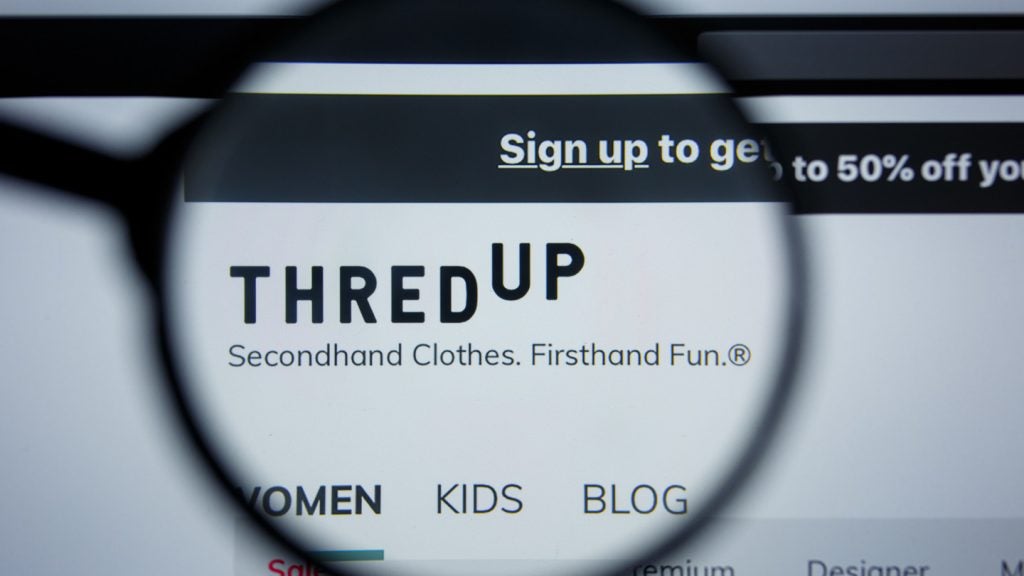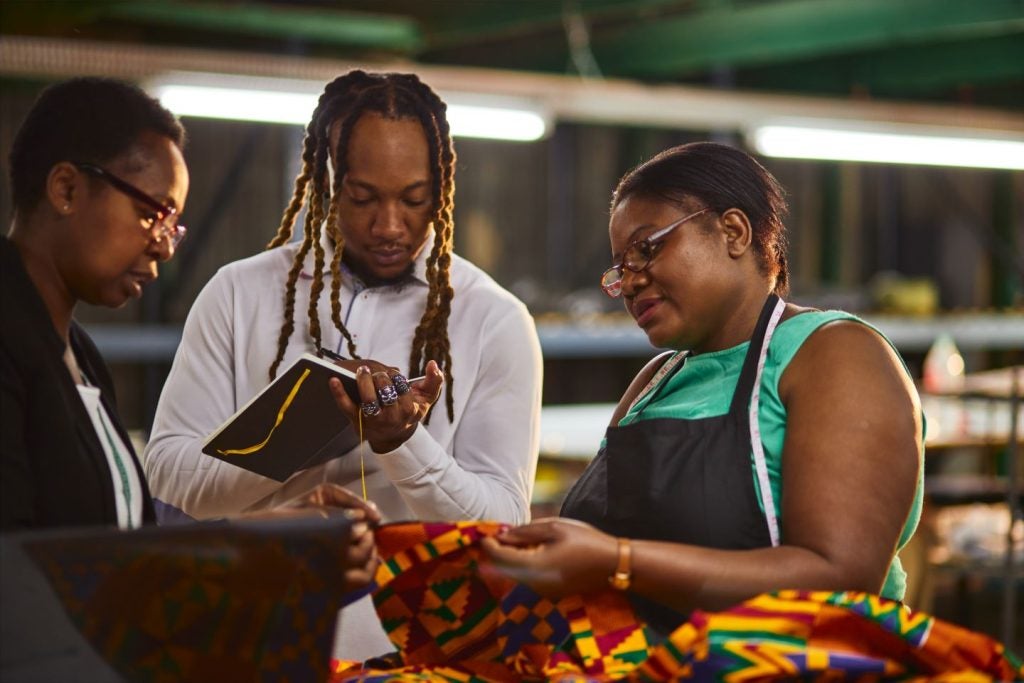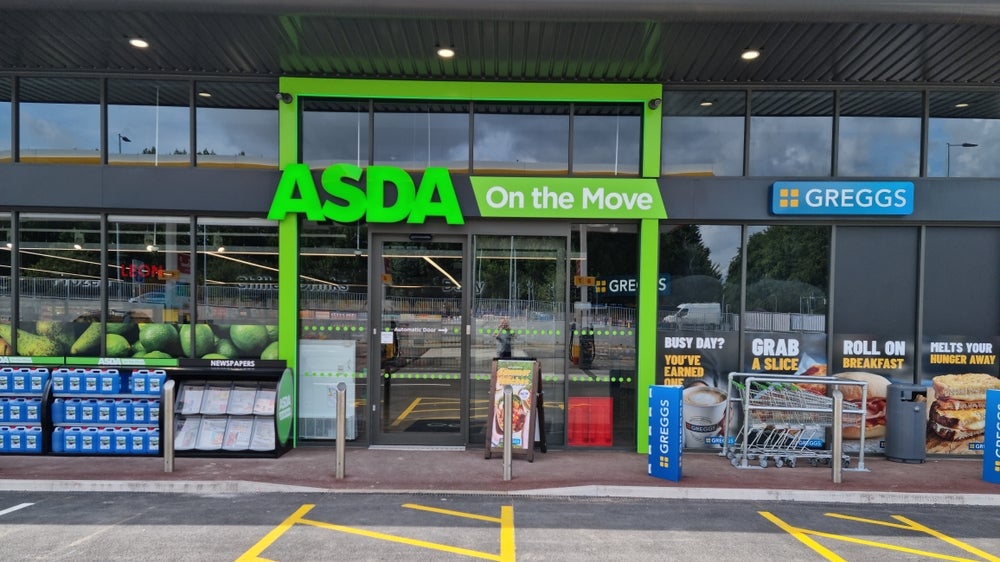Twinco Capital's CEO described the organisation, which started out in 2016 in Spain, as a "major disruptor" to the traditional fashion supply chain financing model as it is using funding "as a force for good".
The amount of money Twinco Capital can offer to fashion suppliers in emerging fashion markets is expected to go up by a quarter in 2024 with Nolasco stating: "We’re now doing $150m transactions per year and next year it will be $200m and this is money going direct to emerging markets such as Pakistan, Bangladesh and China."
Twinco Capital works direct with fashion buyers who can then give suppliers the option of taking money for orders in advance of fulfilment.
The organisation is already working directly with a number of leading fashion buyers. Nolasco couldn't name any of them for confidentiality reasons but Spanish news publication Expansion claims it is already working with the likes of Mango, El Corte, Inglés and Tendam.
Nolasco could reveal that Twinco Capital hopes to increase the number of leading fashion buyers on its books to at least 10 or 12 over the next two years.
"We believe that if 10 or 12 leading fashion brands use Twinco Capital we will have changed the way the industry is funded," she said, adding: "We’ve just closed a facility for an additional $50m and we’re continuing to increase funding capacity but we want to have the infrastructure to increase funding for everyone."
Nolasco pointed out that before Twinco Capital, a fashion supplier would need to go to a local bank to get the funding needed to choose the right raw materials based on responsible production in order to fulfil a buyer's order.
The problem, she said is that a supplier might deliver buttons or t-shirts extremely well but won’t necessarily have a big balance sheet so they will only have access to a certain amount of credit from a local bank.
"The bank leaves out the decisions being made to do the production. We can look at the data that reflects how well a supplier does their production and what socially responsible decisions they’re taking in terms of processes. We provide value to those kinds of decisions – whether big or small so everyone benefits," Nolasco added.
This means fashion buyers working with Twinco Capital can offer their suppliers 60% in advance to pay their own suppliers or use as needed within their processes to fulfil orders.
She was keen to highlight that it's a solution and not an imposition so fashion buyers working with Twinco Capital give their suppliers the option of receiving a percentage of the money early if they want or need it.
Plus, she said: "What is maybe the most important thing for us is we help to level the playing field to help more suppliers participate in the supply chain. If a big buyer wants to increase an order to a supplier for instance, the supplier then has the liquidity to do that."
Nolasco explained Twinco Capital's customers are truly committed to having responsible production but it’s all about risk management: "You need to be able to do it in a way that makes sense from a risk management perspective".
For this reason data also plays a key role with Twinco Capital using a lot of data for its own risk assessments to look at the combination of performance, financial and ESG risks: "We’ve developed and are continuing to develop a specific risk analysis methodology that is material to the industry such as assessing water treatment, health and safety and biodiversity and use information such as where are the factories and the factories of their suppliers. We can then provide information on the risk exposure and we have a lot of information from the transactions themselves."
She continued: "We’re also working to provide estimates on CO2 emissions with a view not to say this is a good or bad supplier but to say these are the risks and these are the mitigating factors and this is how we can manage those risks."
For Twinco Capital using data against suppliers is very short-sighted, it's much more important to work with suppliers to drive positive change: "We’re testing data with some of our largest customers to help companies comply with the regulations that are coming up."
Nolasco sees her company as being "just on time and a first mover in this area," but she's not afraid of competition and admitted: "To make supply chains more inclusive and responsible we need a lot of people working on it – some will be competing directly and some will be adding value to the solution we’re bringing."
For Nolasco changing the supply chain to focus on social responsibility is key and she revealed it's even hidden in her company's name. Twinco Capital came from the fact three of the team have twins, which she said is a symbiotic relationship and the organisation looks for similar relationships between buyers and suppliers who don’t want to compete - instead they want to grow together like a true partnership.















